Reclaiming the Narrative: The Importance of Decolonizing Maps
Related Articles: Reclaiming the Narrative: The Importance of Decolonizing Maps
Introduction
With enthusiasm, let’s navigate through the intriguing topic related to Reclaiming the Narrative: The Importance of Decolonizing Maps. Let’s weave interesting information and offer fresh perspectives to the readers.
Table of Content
Reclaiming the Narrative: The Importance of Decolonizing Maps
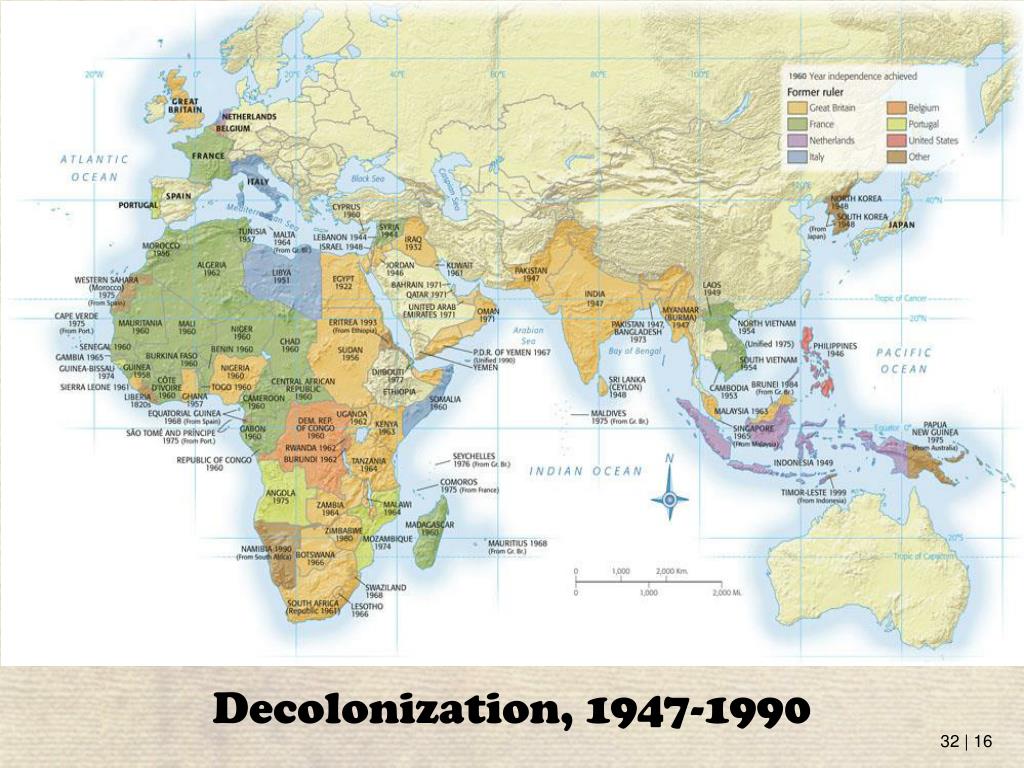
The world as we know it is intricately linked to the maps that guide our understanding of its geography. These maps, however, are not neutral representations. They are products of history, power dynamics, and often, colonial legacies. This realization has sparked a movement to decolonize maps, challenging the dominant narratives embedded within them and fostering a more inclusive and accurate representation of the world.
Understanding the Colonial Legacy in Maps
Maps, often perceived as objective tools, carry inherent biases stemming from their historical development. Colonial powers, in their quest to assert dominance, actively shaped cartographic representations to serve their interests. This resulted in:
- Eurocentric Bias: Maps often prioritize European perspectives, placing Europe at the center and relegating other continents to the periphery. This reinforces a perception of European superiority and marginalizes the experiences and contributions of other cultures.
- Distorted Representations: Colonial maps frequently misrepresented the sizes and shapes of continents and countries, often exaggerating the importance of European territories while diminishing those of colonized regions. This distortion perpetuates a skewed view of global power dynamics.
- Misleading Names: Many geographical features, especially in colonized regions, bear names imposed by colonial powers, erasing indigenous names and cultural significance. This erasure contributes to the marginalization of local knowledge and identity.
The Need for Decolonization
Decolonizing maps is not merely an academic exercise. It is a crucial step towards achieving a more accurate and equitable understanding of the world. By dismantling colonial narratives embedded within maps, we can:
- Challenge Eurocentric Bias: Decolonized maps prioritize a more balanced representation of the world, showcasing the diverse perspectives and contributions of different cultures. They challenge the notion of a singular, European-centric worldview and foster a more inclusive understanding of global history.
- Reclaim Indigenous Knowledge: Decolonized maps strive to incorporate indigenous names and perspectives, recognizing the vital role of local knowledge in shaping our understanding of the environment and its resources. This process empowers indigenous communities and acknowledges their historical and cultural significance.
- Promote Global Understanding: By presenting a more accurate and inclusive representation of the world, decolonized maps contribute to a deeper understanding of global interconnectedness. They encourage empathy and respect for diverse cultures and perspectives, fostering a more peaceful and equitable world.
Strategies for Decolonizing Maps
Decolonizing maps is a complex and multifaceted process that involves a range of strategies:
- Historical Research: Examining the historical context of mapmaking and identifying colonial biases embedded within them is crucial. This research can reveal the motivations behind specific cartographic choices and shed light on the power dynamics at play.
- Indigenous Engagement: Incorporating indigenous perspectives and knowledge into mapmaking is essential. Engaging with indigenous communities, respecting their cultural practices, and incorporating their names and narratives into maps ensures a more accurate and culturally sensitive representation of the world.
- Alternative Cartographic Techniques: Exploring alternative map projections and cartographic techniques that challenge the dominant Eurocentric perspectives is crucial. This can include using projections that prioritize the global south or adopting indigenous cartographic traditions.
- Education and Awareness: Raising awareness about the colonial legacy in maps and promoting decolonized cartography through education and public outreach is vital. This can involve incorporating decolonized maps into school curriculums, organizing workshops, and utilizing online platforms to disseminate information.
FAQs on Map Decolonization
Q: How does decolonizing maps differ from simply updating maps with modern information?
A: While map updates are essential for accuracy, decolonizing maps goes beyond mere factual corrections. It involves critically examining the underlying narratives and power dynamics embedded within maps and challenging the colonial biases that have shaped them.
Q: Are decolonized maps just about changing names?
A: While name changes are a crucial aspect, decolonizing maps involves a broader transformation. It includes challenging Eurocentric perspectives, incorporating indigenous knowledge, and adopting alternative cartographic techniques that promote a more inclusive and equitable representation of the world.
Q: What are the practical implications of decolonizing maps?
A: Decolonized maps have practical implications across various fields, including education, tourism, and environmental management. They can help to:
- Promote cultural understanding and respect: By showcasing the diverse perspectives and contributions of different cultures, decolonized maps can foster empathy and understanding between communities.
- Support indigenous rights: Incorporating indigenous names and perspectives into maps can help to protect indigenous cultural heritage and empower indigenous communities.
- Inform sustainable development: By incorporating local knowledge and perspectives, decolonized maps can support sustainable development practices that are sensitive to the needs of local communities and the environment.
Tips for Decolonizing Maps
- Engage with Indigenous Communities: Consult with indigenous communities to ensure their voices and perspectives are incorporated into mapmaking.
- Research Historical Context: Examine the historical context of mapmaking and identify any colonial biases embedded within maps.
- Adopt Alternative Projections: Explore alternative map projections that challenge Eurocentric perspectives and prioritize a more balanced representation of the world.
- Promote Educational Resources: Develop educational resources and materials that promote understanding of decolonized cartography and its importance.
- Support Decolonization Initiatives: Support organizations and initiatives that are working to decolonize maps and promote a more equitable and inclusive representation of the world.
Conclusion
Decolonizing maps is a vital step towards achieving a more accurate and equitable understanding of the world. By challenging colonial narratives and incorporating diverse perspectives, we can create maps that reflect the rich tapestry of human experiences and contribute to a more just and inclusive future. This process requires ongoing dialogue, collaboration, and a commitment to dismantling the colonial legacy that continues to shape our understanding of the world.

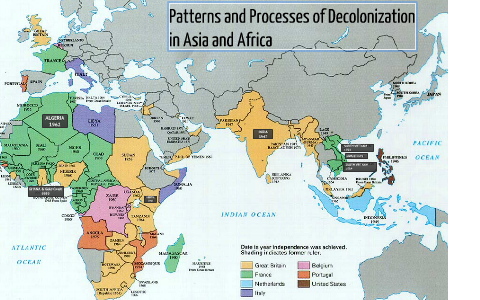


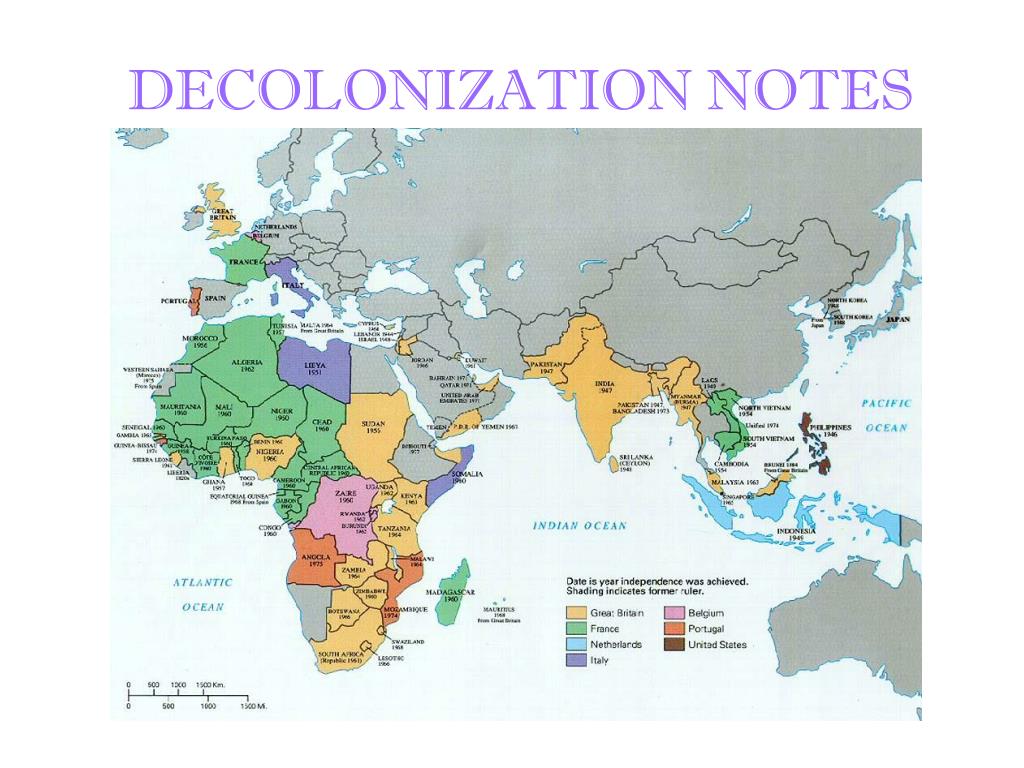

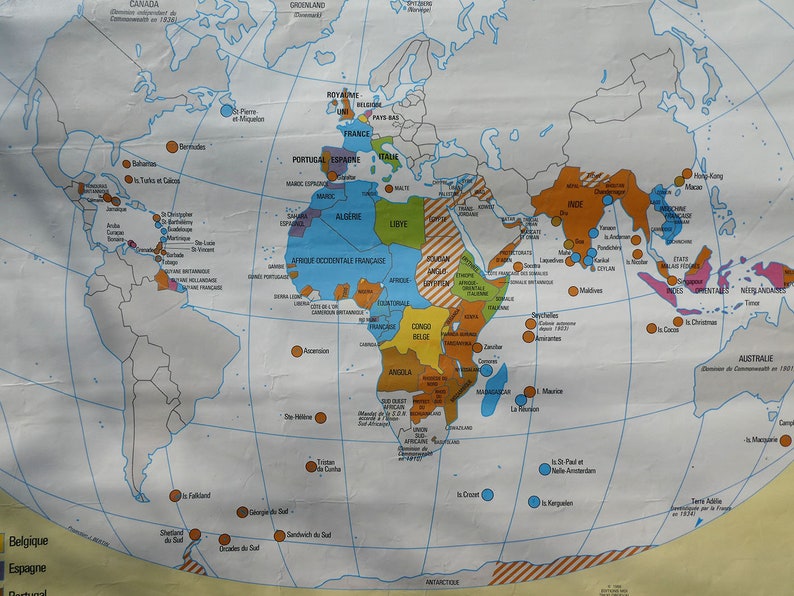
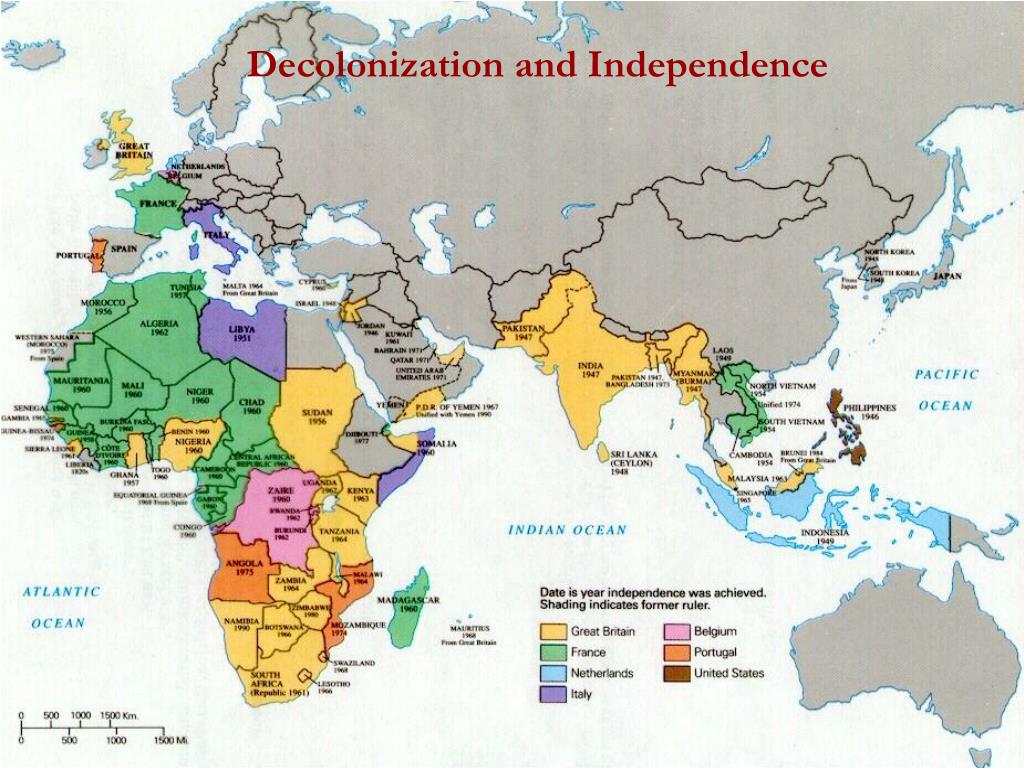
Closure
Thus, we hope this article has provided valuable insights into Reclaiming the Narrative: The Importance of Decolonizing Maps. We hope you find this article informative and beneficial. See you in our next article!
